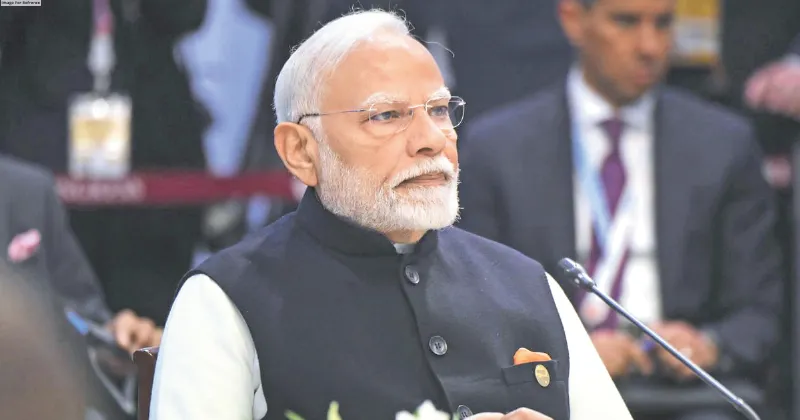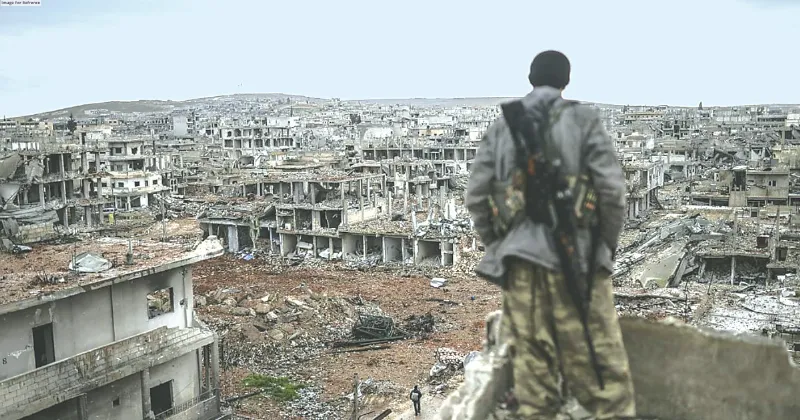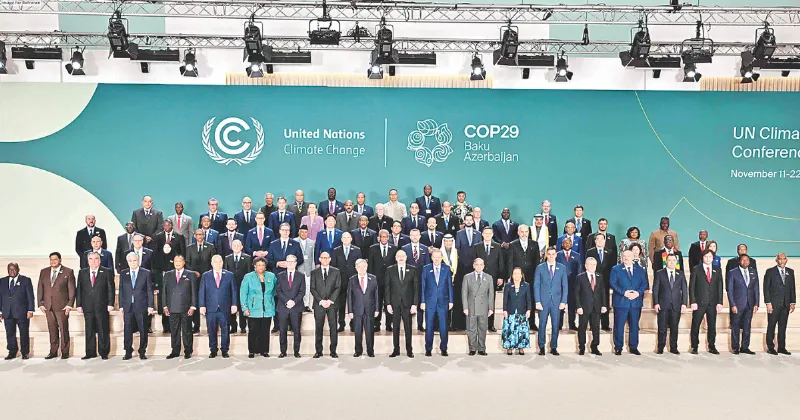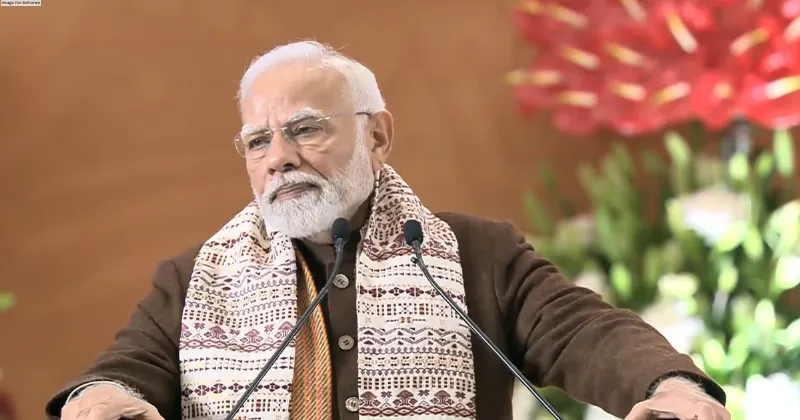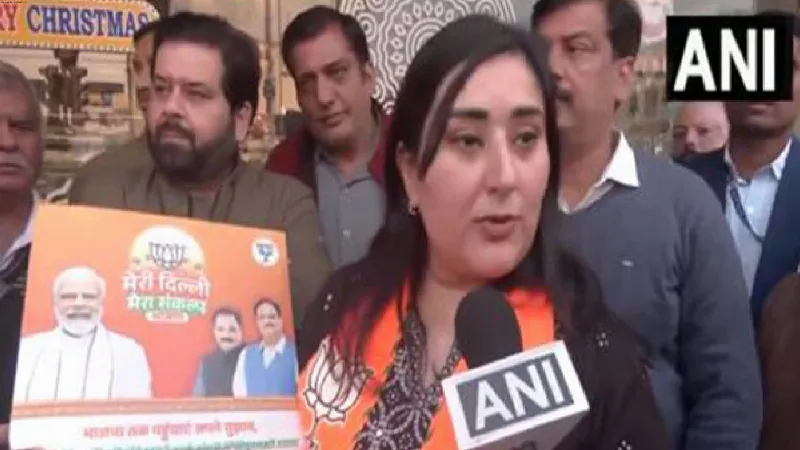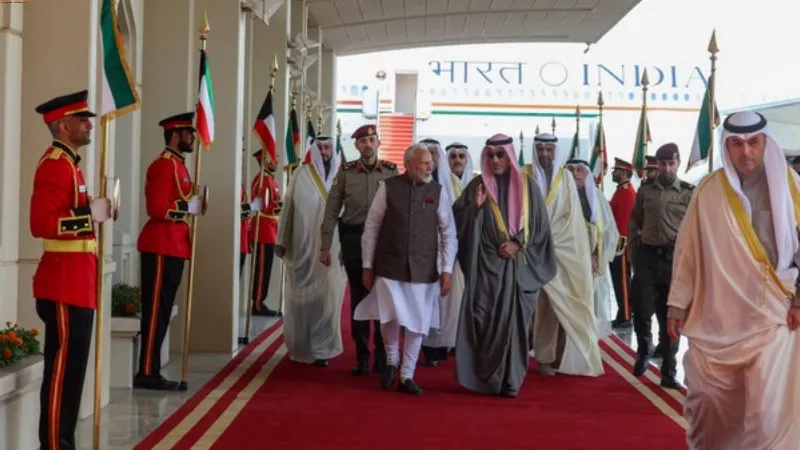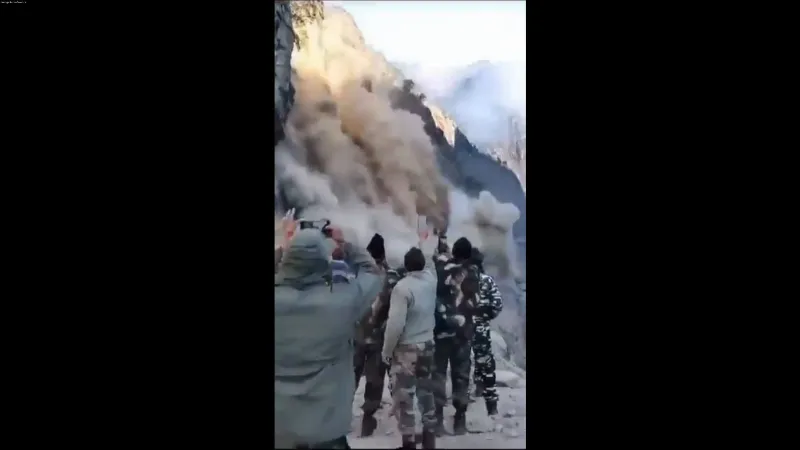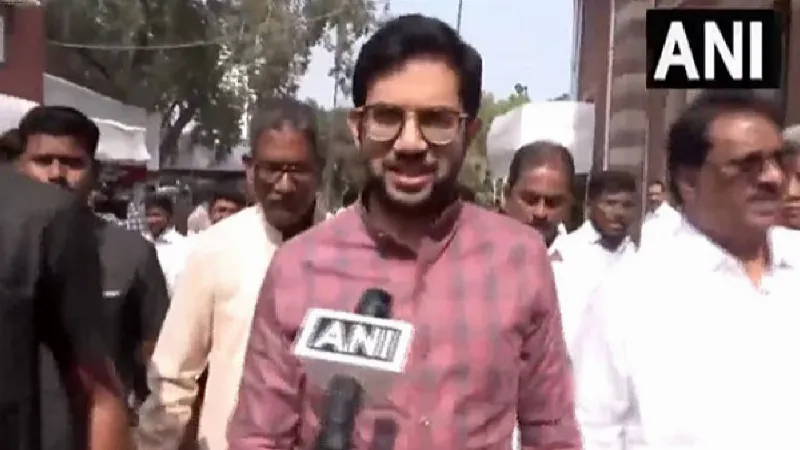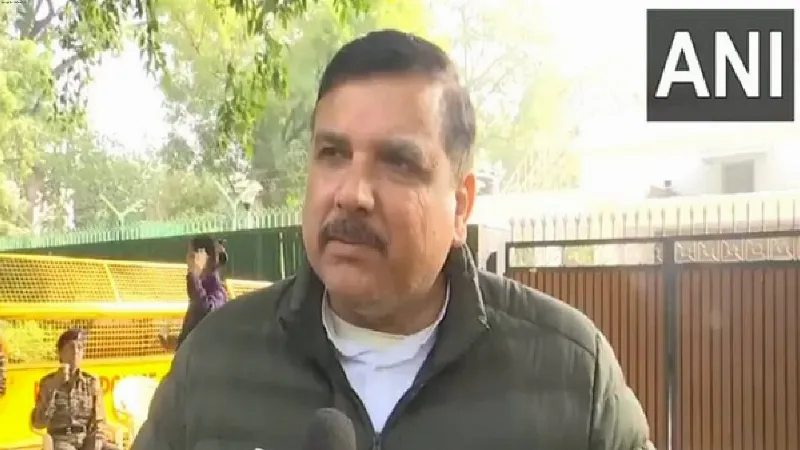FULL BLOWN WAR LOOMS LARGE IN THE REGION
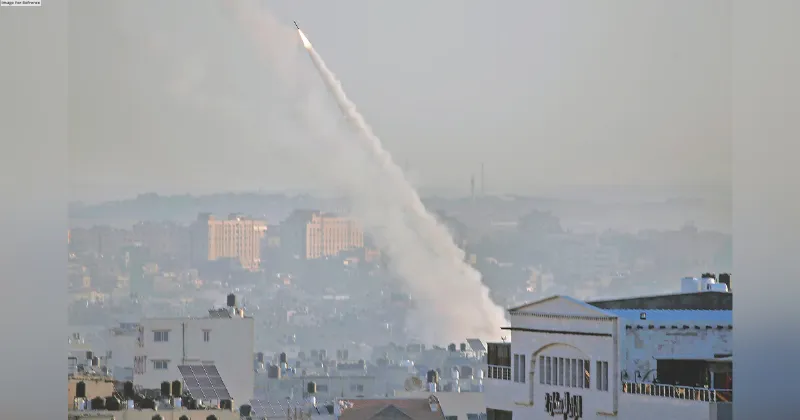
Even though the intensity of the hostilities has waxed and waned, there is no sign of a pause in the year-long war in Gaza. The pager blasts in Lebanon have further pushed the Middle East to the brink of a fullblown regional war. The explosions over two consecutive days targeted Hezbollah pagers and walkie talkies and killed 37 people and left over 3000 injured. Israel executed these blasts with the help of remote controls targeting Hezbollah’s communication network and it was like a master stroke of covert warfare. This is clear case of supply chain poisoning and leaves behind a fear of unknown virtually in every sphere of life. Israel has officially declared this revolutionary attack as unfortunate and neither claimed its involvement nor denied it. The blast, believed to be a supply chain attack carried out by Israel’s sophisticated spy agency Mossad, has escalated tensions with Lebanon after weeks of an uneasy calm. Hezbollah has been constantly firing on Israeli targets in the northern areas showing full solidarity with Hamas who are engaged in hostilities with Israel in south.
While Lebanon has described the attacks as a serious violation of Lebanese sovereignty, Hezbollah has been blunt, threatening a just punishment for Israel and retaliated with rocket attacks on Israeli artillery positions. The apparent sabotage attack came after months of targeted assassinations by Israel against senior Hezbollah leaders, including the group’s top commander, Fuad Shukr. The assassination was believed to be in retaliation for the killing of 12 children in the Israeli-occupied Golan Heights in a Hezbollah drone strike.
The Israeli military launched a new wave of attacks against Hezbollah targets in Lebanon on 18 Sep 2024 after two days of device explosions that left the Middle East fearing all-out war. The attack on southern Lebanon involved airstrikes and artillery, but Israeli ground forces had not crossed the border. This is the start of a new phase of the war as Israel turns its focus toward the northern front against Hezbollah militants in Lebanon. However, Hezbollah, Iran’s most powerful proxy in the Middle East will be no pushovers and is considered to be more formidable than Hamas in the region. It boasts a vast weapons arsenal and has used drones to fire missiles deep inside Israeli territory.
Hezbollah leader Hassan Nasrallah had previously warned his agents to stay away from mobile phones because he believed that some specific units in Israeli forces could easily manipulate cell phone transmissions and kill users with impunity. It is no wonder that Nasrallah told his supporters that mobile phones were surveillance devices and lethal agents capable of detailed and precise surveillance.
Today, every army or fighting force in the world, including Hezbollah, is dependent on electronic equipment for communication. Explosions in pagers and walkie-talkies have also revealed its weaknesses, which the enemy can exploit. No doubt Nasrallah understood that his men could remain safe by communicating by walkietalkie or pager. This week’s attacks have forced Hezbollah to look for new ways to instruct its forces. However, there are new ways but none as effective as electronic devices.
Yahya Sinwar, who masterminded the Hamas terror attacks of Oct, 08 remains unharmed as he has stopped using phone calls, text messages and other electronic communication tools that Israel can track. He is now resorting to couriers, codes and handwritten tools that help him direct Hamas operations even while hiding in underground tunnels. This has restricted large - scale operations by the Hamas command. On the other hand, Hezbollah is still a large group that has a strong military presence.
Whether the latest blasts were a prelude to a major Israeli military offensive or a choice between other possibilities is still being debated. Since Hamas’ attack in October, Hezbollah has been bombing northern Israel, displacing thousands of Israeli civilians from their homes. On several occasions, it has threatened a full-scale war based on a tit-for-tat policy. However, over the past month, Israel and Hezbollah have temporarily backed down but many in the Israeli cabinet are calling for a major offensive against Hezbollah. In fact, many Israel Defense Forces (IDF) generals want a ceasefire in Gaza so that they can redirect their forces against Hezbollah. So far, Prime Minister Benjamin Netanyahu has opposed a major war with Hezbollah and preferred to focus on Hamas. He has not yet taken any steps toward a ceasefire in Gaza. Israeli leaders are now signaling support for a major attack against Hezbollah. Israel has sent its message to Hezbollah through pager and walkietalkie attacks.
THE VIEWS EXPRESSED BY THE AUTHOR ARE PERSONAL
Col Rajesh Bhukar The writer is a Post Graduate in International Studies, Alumni of Defence Services Staff College, Wellington and College of Combat, Mhow




